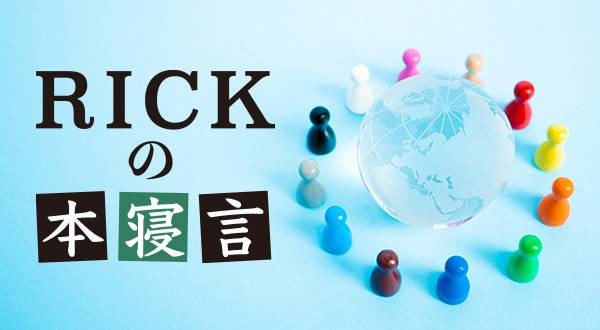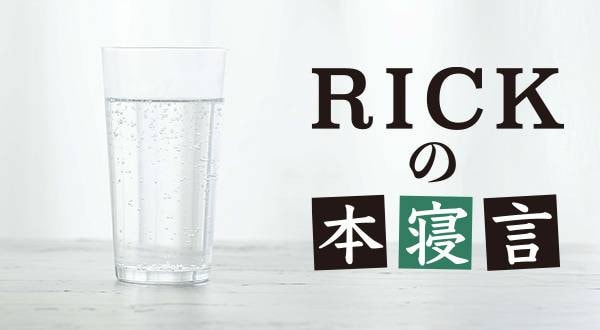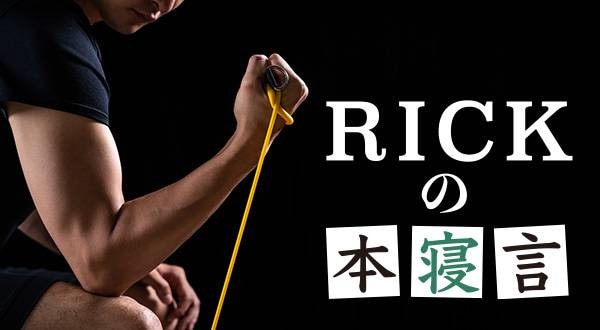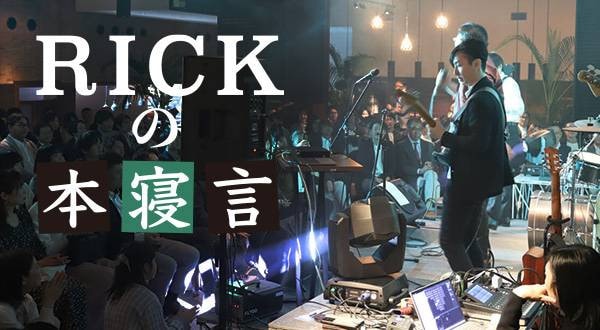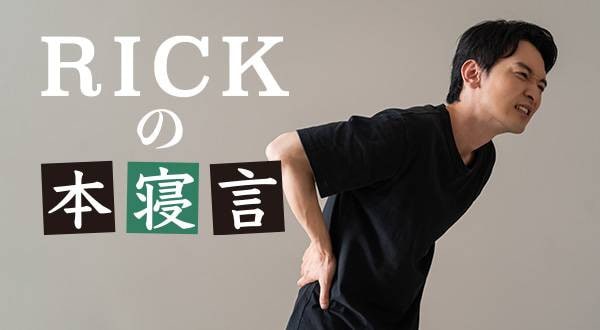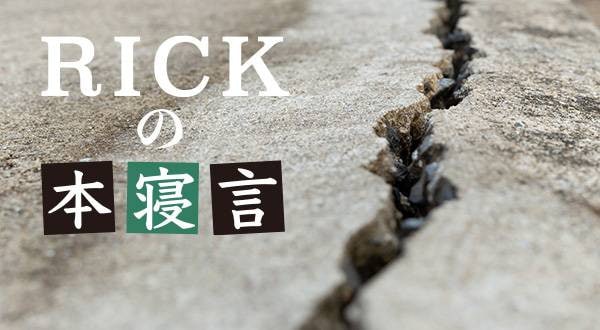Musashi Miyamoto’s famous quote, “Do not regret what you have done,” means “Live with no regrets!” in a modern way. Miyamoto became ill and passed away at the age of 62 and just before his death, he poured the last of his strength into writing Dokkōdō (The Path Taken Alone), which consists of 21 precepts on how he lived his life. In his book, he left the words, “No regrets!” which literally symbolizes how Musashi Miyamoto lived his life.
Come to think of it, Yujiro Ishihara, one of the biggest stars from the Showa era, had a hit single, “No Regrets in My Life”. National star, movie actor, and singer, Yujiro Ishihara passed away at the age of 52. It is not certain whether or not he really had “no regrets” when he died at such a young age, as the song says.
I have lived longer than Musashi Miyamoto and Yujiro Ishihara. Of course I would like to continue to say “I have no regrets!” But is this just a dream or an illusion? In reality, regrets have a way of lingering somewhere in the back of our minds. And sometimes, although I wouldn’t call it a nightmare, the regrets will haunt you and lead you to blame yourself, “Why didn’t I do this or that back then?” To say that I blame myself may be an overstatement. It’s more like I feel overwhelmed by feelings of regret and disappointment. In other words, the reality is that everyone will at some point say, “I have regrets in my life.”
The things that I regret nowadays may seem trivial to others. Nevertheless, I have memories that are so destructive that they easily destroy the “No regrets!” mantra. When a person considers what one regrets most in life, they may find that it’s an extremely difficult task to rank the various events that they regret. This is because there are so many factors involved, such as one’s age, social environment, friendships, school, and work environment at the time, etc., that it is difficult to compare them all and say, “This is it!” However, regret means that you will occasionally recall the experience in your mind like a trauma and think about it in retrospect. Therefore, I have thought about the most regrettable events in the past that come flooding back to my mind the most and I can rank them according to their frequency.
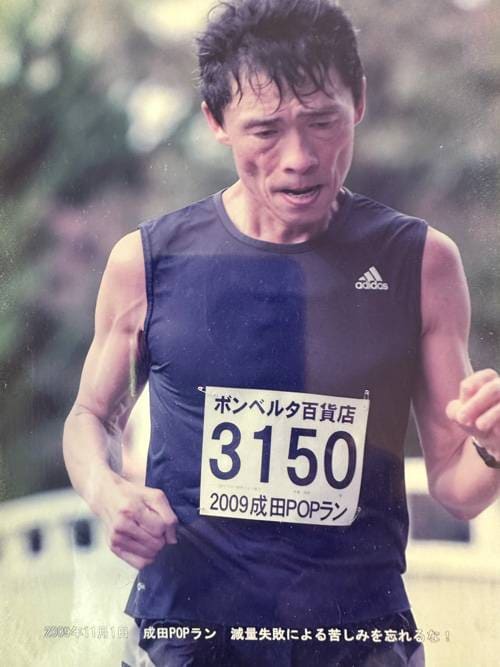 By that standard, the No. 1 regret would undoubtedly be the Narita Pop Run half marathon about a decade ago. At that time, I was a near-elite marathoner for a citizen runner, running 42.195 km full marathons two to three times a year and entering international marathons in Berlin, Chicago, Honolulu, Los Angeles, and other places. I was strong enough to run a little over 3 hours. Moreover, since I was running 300-400 km every month, I was confident that I could run a full marathon in under 3 hours (although I didn’t always manage to do so). So, I was confident that I could win the Narita Pop Run for the 50-year-old age category when I was in my running peak. Of course, to achieve this, I had to run every day and train hard indoors on the treadmill at just about full speed.
By that standard, the No. 1 regret would undoubtedly be the Narita Pop Run half marathon about a decade ago. At that time, I was a near-elite marathoner for a citizen runner, running 42.195 km full marathons two to three times a year and entering international marathons in Berlin, Chicago, Honolulu, Los Angeles, and other places. I was strong enough to run a little over 3 hours. Moreover, since I was running 300-400 km every month, I was confident that I could run a full marathon in under 3 hours (although I didn’t always manage to do so). So, I was confident that I could win the Narita Pop Run for the 50-year-old age category when I was in my running peak. Of course, to achieve this, I had to run every day and train hard indoors on the treadmill at just about full speed.
At the time, there was a strong runner in the 50-year-old age category for the half marathon at the Narita Pop Run who had won the race every year. This guy was on the winners’ list just about every year. Therefore, in order for me to win the race, I had to beat him. Yes! I’m going to do it! I went to the race site on the day of the race with renewed enthusiasm and determination. In the 50-year-old age category for the half marathon, the winning time is about 1 hour and 30 minutes, so I needed to run at that pace. In previous full marathons, I had reached the halfway point in 2 hours and 59 minutes and I was also able to run the remaining half of the return leg. So, needless to say that I was confident in my fitness.
The starting gun shot rang in my ears in the midst of my excitement and nervousness! All right, let’s go! I fired myself up and took off. Even so, marathon racing is a tough sport. It is a kind of endurance contest, and you are forced to maintain a constant pace and endure hardship for a long time. After an hour and a half of endurance, you finally get to experience the joy of victory! But in reality, the half marathon is hard too. Since you have to keep a running speed of over 14 km/h, you’ll need to be extremely motivated, or you will have to give up. But that’s where the fighting spirit comes in! Persistence helps us to achieve our goal with a big shiny trophy waiting for us at the end of the finish line.
Before I knew it, the goal stadium was in sight. “I worked so hard to get this far,” I thought to myself. I was running toward the goal, soaking up these thoughts. And this is where I made a big mistake. The finish line was in sight, and as I entered the stadium to run the final lap, I had to run at full speed, rev up my other engine, and make a mad dash for the final stretch. However, for some reason, I had entered the stadium without putting that last bit of energy into myself. Somewhere in my heart, I had wished in a fleeting moment that the race would be over soon.
I looked ahead and saw the defending champion running about 10 meters in front of me. I thought, “Ah, there he is! There he is! I must overtake him!” and I started the second engine. “Vroom, vroooom, vroooom…” I thought for a moment, “Oh, I’m not going fast enough.” As soon as I noticed that the man had started to dash off with his engine running, for some reason, I did not feel motivated enough to think, “I’m going to overtake him! I’ll pass him even if it kills me!” Why was that?
The result was that I lost by 7 seconds and came in second. Although, I knew that I had a lot of energy left in me at the finish line. At the time, I reluctantly accepted second place on the podium, but the scene where I didn’t dash to catch up with him at the stadium would come back to haunt me like a traumatic event later. If I had told myself then that I would not even look ahead and just run as fast as I could to the finish line, I would have won the race without a doubt. Why!? I have regrets!
Besides the marathon tragedy, there are other life events that I still have some regrets about. These are all trivial, but at the end of the day, I think I am living a life without too many regrets. The reason is because I always think it is best to be positive. It’s important to think positively at all times and move forward with the belief that everything will turn out okay and that I can do it. So when I run into problems, I am not surprised, nor do I feel daunted by all of them. Rather, I think of it as a fact of life that I will run into them, solve whatever comes my way, and move on. This is how I want to live my life.
However, even with such positive faith in myself, I found that there are a few things I have regrets about. So, I cannot simply say, “I have no regrets!” Still, my wish remains the same. I want to live a life in which I can say, “I have no regrets!”








